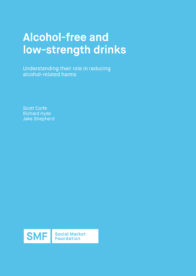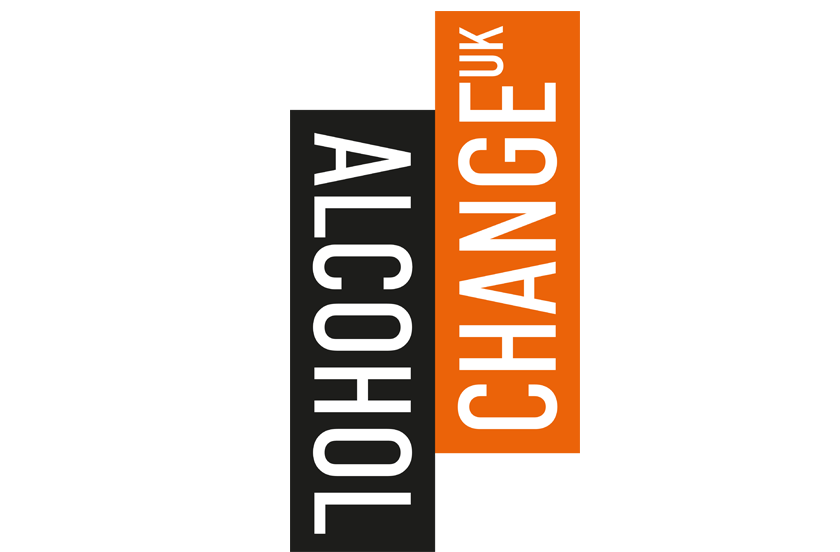The UK Government has outlined its interest in how alcohol-free and low-strength drinks - "NoLo" - might improve public health outcomes. Evidence presented in this report finds that whilst NoLo products may help individuals reduce their consumption, NoLo drinks are unlikely to produce the aggregate level reductions in alcohol-related harms public health experts would desire.
NoLo products comprises a small but increasingly significant part of the alcoholic drinks market. Gaining traction in the media, NoLo drinks have sparked the interest of government, which has homed in on NoLo as a way of reducing alcohol-related harms, as set out in the 2019 Prevention Green Paper.
However, the evidence base for how NoLo products – and the growth in the market – might impact health outcomes remains limited. Analysis and survey findings presented here seek to improve that evidence base.
Key findings:
- The market for NoLo drinks – whilst brands continue to release new products into the NoLo drinks category – worth around £110 million in 2018/19 – it is thought NoLo products comprised just 0.2% of the total market for alcoholic drinks in that year. The report estimates that annual sales growth of NoLo drinks would have to exceed over 40% per annum for market share to stand above 10% by 2030.
- Consumers in the NoLo market – survey results commissioned specially for this study found that one in five people (21%) have consumed an alcohol-free beer, cider, wine or spirit in the last year. Including low-strength drinks (up to 1.2% alcohol content), this rises to 27%. Young people and those in higher income socioeconomic groups were more likely to have tried a NoLo product.
- The regulation of the NoLo market – Guidance and ABV descriptors issued by the Department of Health and Social Care contains elements of ambiguity and are often out of step with other European countries.
- The presentation of NoLo products – press coverage of NoLo drinks typically centres on the “new sensibility” of younger people and NoLo as a “community” or “movement”. Some producers have tapped into this by promoting their NoLo products as substitutes for stronger products. Others prefer to market them as additional to existing drinks on the market.
- The impact on alcohol-related harms – survey results for this report indicate that among those that have consumed NoLo drinks over the past 12 months, about 4 in 10 have cut back on their alcohol consumption. However, a similar number reported no change. A significant proportion of consumers of NoLo also indicated that they do so on top of, rather than instead of, stronger products. This raises concerns about how NoLo products can tackle alcohol-related harms at the population level.
- Considerations for policy – whilst the Government has indicated that NoLo products will be key to reducing alcohol-related harm, this report cautions that NoLo drinks must form part of a much wider harm prevention strategy. Government should also consider reforming ABV descriptors for NoLo and legislate to protect against alibi marketing.


